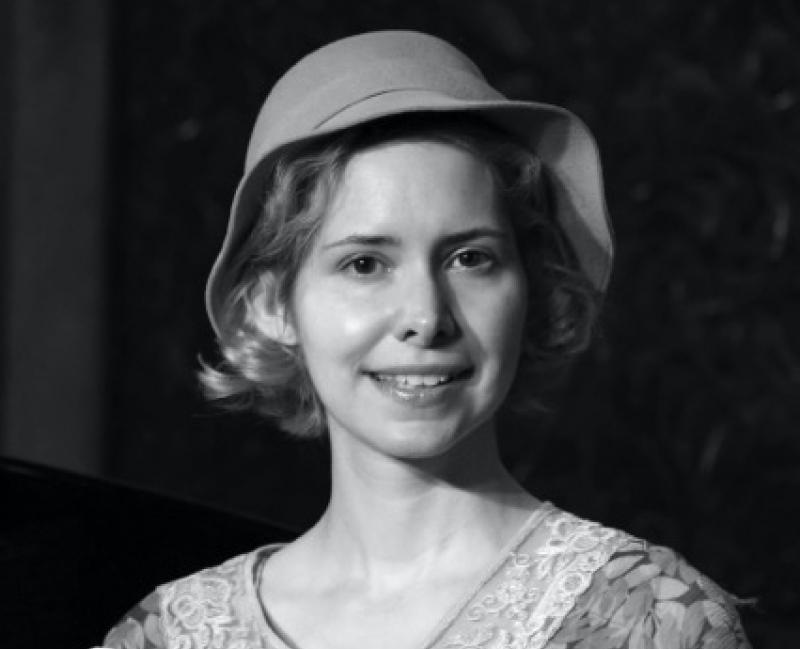
“Small Day Tomorrow” is, of course, from the pen of the late Bob Dorough, the cool-jazz star-guest on McKay’s Obligatory Villagers whose material is a natural fit for her. It’s a novel way of approaching the song, and it works. For a song that pinpoints the most excruciating and emotionally exacting after-effects of lost love, it’s given a rather drunken performance, as if the broken-hearted narrator has numbed herself to get through the ordeal. Some of the pathos of Sinatra (and, indeed, Ella Fitzgerald) is lost, but something else is gained. McKay sings as if drifting into a private reverie, unaware of being recorded.

“Angel Eyes”, in a simple piano/vocal arrangement, is woozier than the Sinatra adaptation. It’s almost as though McKay, echoing the meringue-light singing style of Margo Guryan, isn’t unduly bothered by the sentiments being expressed or is singing them from the vantage point of someone who once felt them wholeheartedly but has since moved on. “My Romance”, the Rodgers and Hart standard, features electric keyboards and is given a light, fairground-style, oom-pah-pah treatment, wrenching it out of its usual, stately 4/4 time signature and into a brisk waltz, with spectral backing vocals. Sister Orchid‘s front cover is tricked out with all the requisite retro touches the ‘Stereo’ logo and the ‘High Fidelity Audio Recording’ strap-line, but these are new arrangements. On her first album, with “I Wanna Get Married” and “Manhattan Avenue”, she revealed a talent for writing extremely competent, well-structured pastiches, the latter song recalling Laura Nyro, another underrated Manhattanite, and her 1966 track, “Buy and Sell”. It was inevitable that she’d eventually turn her hand to the very music that has always informed her songwriting. It flirted with rock instrumentation and was called Home Sweet Mobile Home(Verve, 2010).

Her last collection of originals was eight years ago. It was a kind of mini-musical/rock-opera/jazz revue without an overarching story, immensely enjoyable nonetheless. Obligatory Villagers, her slight but spunky one-off for Vanguard, followed in 2007. But instead, she went her own way when there were disagreements about the followup (another double album). Perhaps she could have stuck it out with Sony, for whom she made that one brilliant and bratty epic. It’s been a strange old ride for McKay since she emerged with the double album, Get Away From Me in 2004, making a big splash in the press but not selling the number of units anticipated.

Sister Orchid is a solo album in the fullest sense of the word, performed without the benefit of any additional musicians. Here and there, it carries a trace of Blossom Dearie, but it’s less flossy, less coquettish, less birdlike. Although some find McKay’s singing competent but slack, off-the-cuff and uninvolved, it’s just as easily heard as intimate and unselfconscious. Instead of being showered in glitter and pizzazz, it’s as if the listener has caught McKay unawares as she plays and sings solely for herself and her memories, late at night, alone at an upright (with one or two electric keyboards close by), perhaps in someone else’s house, with no lights on. It has nothing in common with Rod Stewart’s grizzly Great American Songbook series. Like Normal As Blueberry Pie (Verve, 2009) and its Doris Day covers or My Weekly Reader (429 Records, 2015) and its take on 1960s pop, Sister Orchid is not your average rocker’s side project. When Nellie McKay, a formidable pianist, singer, and songwriter, makes one of her special projects (I suppose all her projects are special, but I mean her albums of non-original material), as is increasingly her wont, one thing’s for certain she’s going to do it her way.


 0 kommentar(er)
0 kommentar(er)
